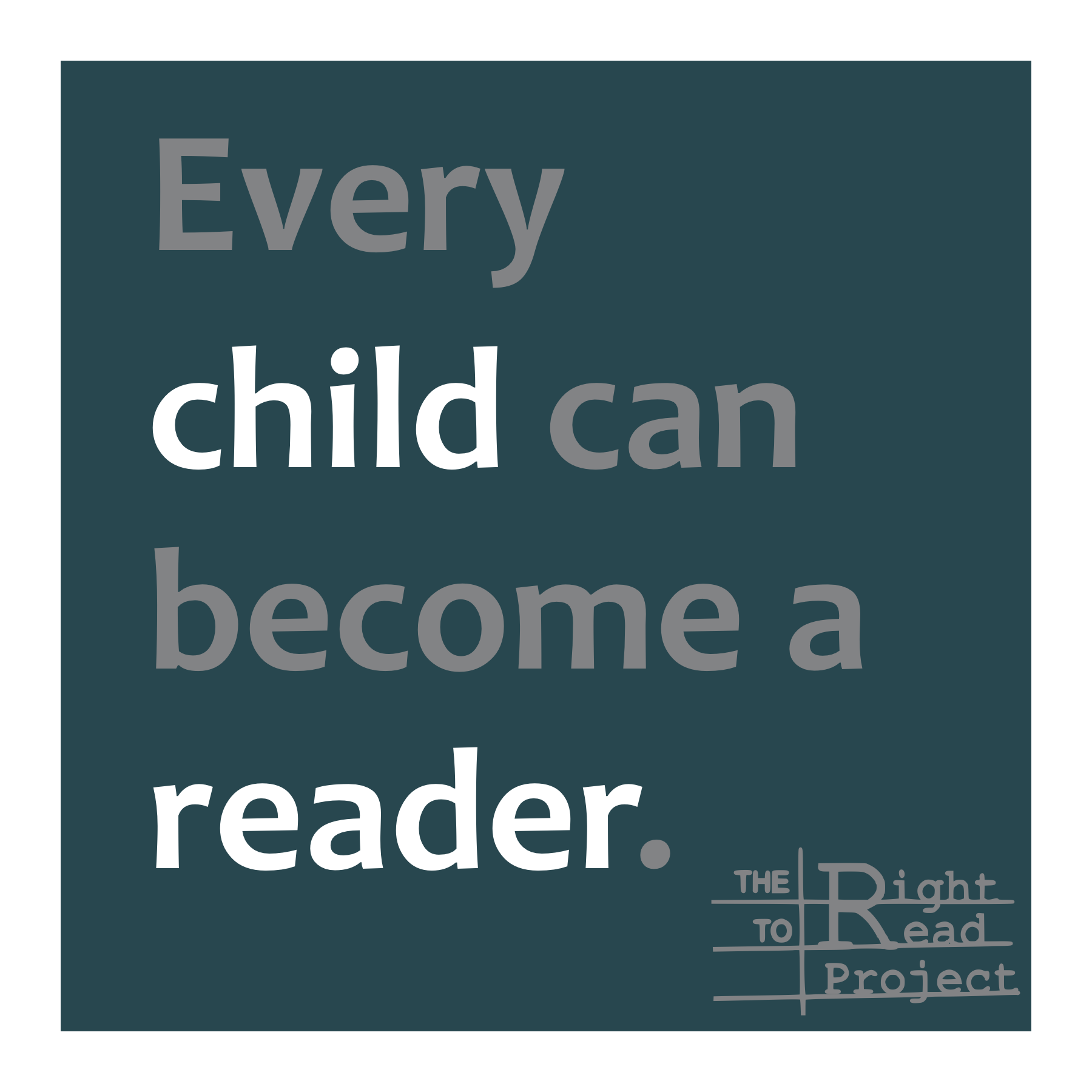A GUIDE TO READING ADVOCACY, PART 3
(Click here to read Part 2.)
How can you get a school to change the way it’s teaching your child?
The way you express concerns about reading instruction at your child’s school may very well determine how well those concerns are addressed by school staff. The forum you choose, the staff members you involve, the tone you use, and the priorities you convey, will all affect a school’s response. How you deliver a message will help determine how it’s received. That’s especially true in schools where educators are overworked, undervalued, or deeply invested in their current approach.
Advocacy goes a whole lot farther and a whole lot faster when parents partner with their child’s classroom teacher. Classroom teachers can be powerful advocates. And if we understand your concerns more deeply, we can present them more effectively to our colleagues inside the school.
Teacher as Advocate
If your child’s teacher grasps the problem, helps develop solutions, and believes that you see her as an ally, her conversations in the lunchroom and during Instructional Leadership Team meetings may be a powerful catalyst for school-wide change.
A motivated and passionate teacher can be a forceful advocate, so it’s important to give her the chance to opt-in to the movement you’re starting.
We are including a sample letter you can use to start a conversation with your child’s teacher. You can copy-paste the letter into an email, Word doc, or Google doc.
| Dear [Teacher’s Name], [Open with something your child’s teacher has done that made a difference for your child]. Thank you. I know this is just one example of the care you devote to your students. We are partners when it comes to [child’s name]this year, so our communication is important. I want you to let you know in advance that I will be pushing for some professional learning opportunities for school staff related to reading instruction. If you would like to share your insights related to any of the resources I share with the leadership team, PTA, or School Site Council, please don’t hesitate to talk with me. I will soon be meeting with the principal to ask some questions about literacy instruction in the school. Depending on the content of that conversation, I may ask for the instructional leadership team to review some resources to prompt a discussion about reading instruction. I know you are really busy, but if you’d like to check out any of the resources I intend to share, here are a few links: • Video interview with cognitive scientist, Dr Mark Seidenberg • Podcast/article from APM Reports: At A Loss for Words • Short article on the process of learning to read • Sample content for professional development Thanks again for all you do for your students! [Signature] |
Teacher as Bystander
Your child’s teacher may not choose to become an advocate for your cause. There are many possible reasons: she may not have the bandwidth for additional work outside of working hours or she may already have too many roles and responsibilities in school. But her decision not to advocate actively does not mean that she doesn’t care about your child.
Teacher as Adversary
It’s worth making every effort to ensure that your mission is not construed as an attack on your child’s teacher. If the teacher feels attacked, you should expect that your cause will be presented in a less than supportive way to every other staff member at school. Not only will words of caution about you and your approach dampen support for your work, you may actually find new barriers to your cause.
Take the time to ensure that your child’s teacher knows that you are focused on issues, not on her as a person. That may mean self-editing before pressing “send” on an email or embracing an optimistic mindset before walking into a meeting.
Here are some recommendations for how to express your concerns without alienating your child’s teacher.
Remind yourself that:
- Your child is one of [how many?] students this educator serves
- Every child deserves a caregiver as impassioned as you, and many of them have one. This means that yours is not the only issue that deserves the immediate attention of the school.
- The required working hours for your child’s teacher are [x-y] and any time you receive outside of that is evidence of a good-faith effort. Any time you receive during those working hours is coming at the expense of other work that needs to be done.
Consider:
- It’s hard for a child to learn from someone they don’t like.
- Your child should not have to choose between loyalty to you or to his/her teacher. Everyone loses if that decision is forced, especially the child.
- Have you taken the time to genuinely understand the teacher’s perspective and to hear about her experience in the classroom?
- Will you remember this issue in two weeks? If not, it may not be worth raising the concern.
- What information might you be missing? How could you gain a fuller understanding of the situation?
- What solution are you seeking? Will it help others in addition to your own child? Are you open to other resolutions?
- Have you found solutions with this educator in the past? If so, it can happen again. But please also ask yourself, have you expressed appreciation for previous solutions?
A school has a responsibility to the community, so the more you can frame your child’s needs as an opportunity to serve the entire community, the more motivated educators will be to help.








